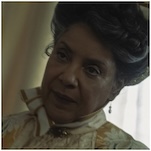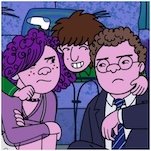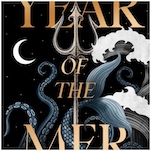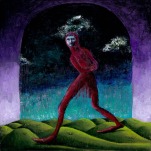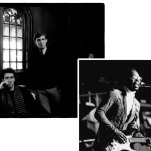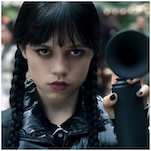Rock’n Roll
(2017 Tribeca Film Festival Review)
Photo: Tribeca Film Festival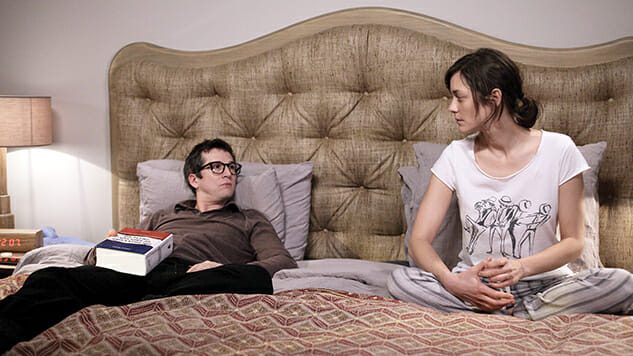
Rock’n Roll takes what made last year’s Toni Erdmann shocking and strange and augments its relationship study with the self-satirizing stylings of something like The Trip. Guillaume Canet’s film doesn’t care about Maren Ade’s dedication to realistic familial relationships or slow-burn sweetness, though, similar to the German-Austrian Oscar nominee, Rock’n Roll is still an unexpectedly insane foreign comedy that never seems to end. This film’s sweetness is of a different sort, derived from the depth of forgiveness between its put-upon stars that’s inherent to its escalating silliness. It’s the rare two-hour-plus comedy that can sustain its comedic energy, frothing its intoxicating wit into a silly frenzy, escalating to an absurdly spiked cappuccino that we’d be hesitant to accept if we knew what we were getting into from the beginning.
However, the film’s ridiculousness deserves a long hill to snowball down—when Rock’n Roll reaches the bottom, it’s impossible not to be bowled over. The film is faux-reality; not a mockumentary, but still allowing all its characters to play themselves. Marion Cotillard and her partner Guillaume Canet are both film professionals, acting in different projects, when Canet’s young co-star, sexy starlet Camille Rowe (playing his daughter in the film-within-a-film), mentions Canet’s milquetoast normalcy in an interview. He’s settled down, raised a son and isn’t the bad boy sailing atop anyone’s celebrity bang list anymore—especially (and specifically) Rowe’s.
Right away we’re subjected to the incriminating elements of Canet’s homey life: living upstairs from his mother, horseback riding, wearing an apron and, the ultimate sign of aged, unsexy masculinity, dealing with a sore testicle. Some of these elements turn back up, but all mostly exist as evidence supporting Rowe’s declaration—she wasn’t insulting her co-worker, just stating facts. The jokes here are swift, almost too sharp, like paper cuts, to immediately feel. Canet skewers both actors and their egos, but so does he take aim at business of movies in some excellent handheld shots tracking behind the scenes of a set or seeming to fortuitously catch the reactions of an offended party.
-

-

-

-

-

-

-

-

-

-

-

-

-

-

-

-

-

-

-

-

-

-

-

-

-

-

-

-

-

-

-

-

-

-

-

-

-

-

-

-


